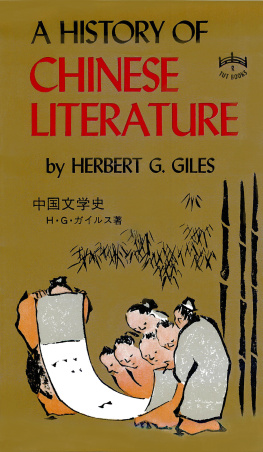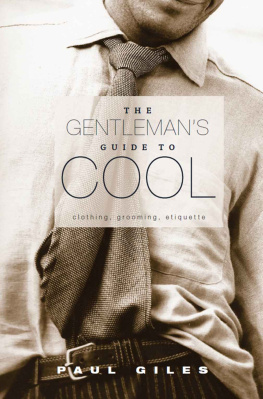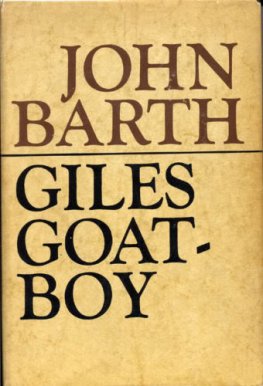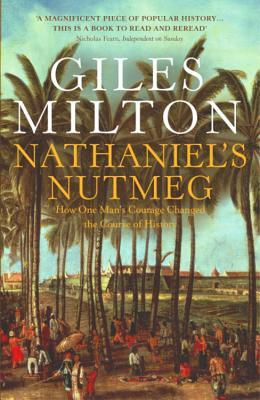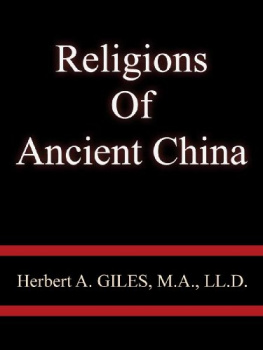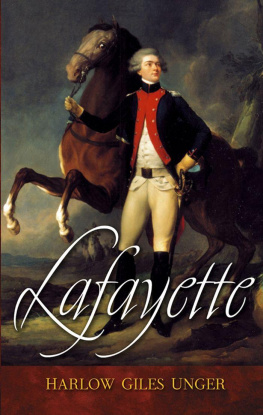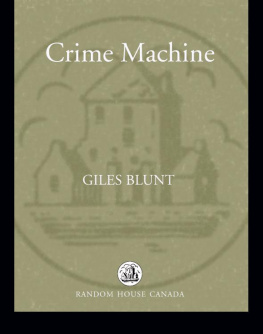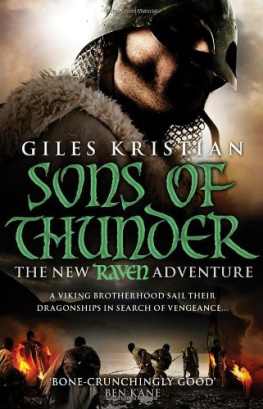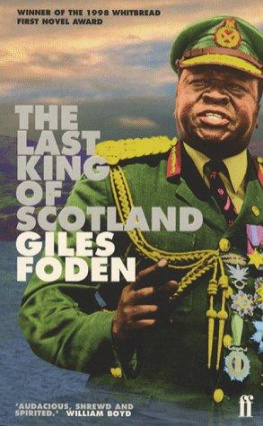PREFACE
The following Sketches owe their existence chiefly to frequent peregrinations in Chinese cities, with pencil and note-book in hand. Some of them were written for my friend Mr. F. H. Balfour of Shanghai, and by him published in the columns of the Celestial Empire. These have been revised and partly re-written; others appear now for the first time.
It seems to be generally believed that the Chinese, as a nation, are an immoral, degraded race; that they are utterly dishonest, cruel, and in every way depraved; that opium, a more terrible scourge than gin, is now working frightful ravages in their midst; and that only the forcible diffusion of Christianity can save the Empire from speedy and overwhelming ruin. An experience of eight years has taught me that, with all their faults, the Chinese are a hardworking, sober, and happy people, occupying an intermediate place between the wealth and culture, the vice and misery of the West.
H. A. G. Sutton, Surrey, 1st November 1875.
CHINESE SKETCHES
THE DEATH OF AN EMPEROR
His Imperial Majesty, Tsai-Shun, deputed by Heaven to reign over all within the four seas, expired on the evening of Tuesday the 13th January 1875, aged eighteen years and nine months. He was erroneously known to foreigners as the Emperor T'ung Chih; but T'ung Chih was merely the style of his reign, adopted in order that the people should not profane by vulgar utterance a name they are not even permitted to write. [*] Until the new monarch, the late Emperor's cousin, had been duly installed, no word of what had taken place was breathed beyond the walls of the palace; for dangerous thoughts might have arisen had it been known that the State was drifting rudderless, a prey to the wild waves of sedition and lawless outbreak. The accession of a child to reign under the style of Kuang Hsu was proclaimed before it was publicly made known that his predecessor had passed away.
[*] Either one or all of the characters composing an emperor's name
are altered by the addition or omission of certain component
parts; as if, for instance, we were to write an Albart chain
merely because Albert is the name of the heir-apparent.
Similarly, a child will never utter or write its father's name;
and the names of Confucius and Mencius are forbidden to all alike.
Of the personal history of the ill-fated boy who has thus been prematurely cut off just as he was entering upon manhood and the actual government of four hundred million souls, we know next to nothing. His accession as an infant to the dignities of a sensual, dissipated father, attracted but little attention either in China or elsewhere; and from that date up to the year 1872, all we heard about His Majesty was, that he was making good progress in Manchu, or had hit the target three times out of ten shots at a distance of about twenty-five yards. He was taught to ride on horseback, though up to the day of his death he never took part in any great hunting expeditions, such as were frequently indulged in by earlier emperors of the present dynasty. He learnt to read and write Chinese, though what progress he had made in the study of the Classics was of course only known to his teachers. Painting may or may not have been an Imperial hobby; but it is quite certain that the drama received more perhaps than its full share of patronage. The ladies and eunuchs of the palace are notoriously fond of whiling away much of their monotonous existence in watching the grave antics of professional tragedians and laughing at the broad jokes of the low-comedy man, with his comic voice and funnily-painted face. Listening to the tunes prescribed by the Book of Ceremonies, and dining in solemn solitary grandeur off the eight[*] precious kinds of food set apart for the sovereign, his late Majesty passed his boyhood, until in 1872 he married the fair A-lu-te, and practically ascended the dragon throne of his ancestors. Up to that time the Empresses-Dowager, hidden behind a bamboo screen, had transacted business with the members of the Privy Council, signing all documents of State with the vermilion pencil for and on behalf of the young Emperor, but probably without even going through the formality of asking his assent. The marriage of the Emperor of China seemed to wake people up from their normal apathy, so that for a few months European eyes were actually directed towards the Flowery Land, and the Illustrated London News, with praiseworthy zeal, sent out a special correspondent, whose valuable contributions to that journal will be a record for ever. The ceremony, however, was hardly over before a bitter drop rose in the Imperial cup. Barbarians from beyond the sea came forward to claim the right of personal interview with the sovereign of all under Heaven. The story of the first audience is still fresh in our memories; the trivial difficulties introduced by obstructive statesmen at every stage of the proceedings, questions of etiquette and precedence raised at every turn, until finally the kotow was triumphantly rejected and five bows substituted in its stead. Every one saw the curt paragraph in the Peking Gazette, which notified that on such a day and at such an hour the foreign envoys had been admitted to an interview with the Emperor. We all laughed over the silly story so sedulously spread by the Chinese to every corner of the Empire, that our Minister's knees had knocked together from terror when Phaeton-like he had obtained his dangerous request; that he fell down flat in the very presence, breaking all over into a profuse perspiration, and that the haughty prince who had acted as his conductor chid him for his want of course, bestowing upon him the contemptuous nickname of chicken-feather.
[*] These are bears' paws, deers' tail, ducks' tongues, torpedos'
roe, camels' humps, monkeys' lips, carps' tails, and beef-marrow.
Subsequently, in the spring of 1874, the late Emperor made his great pilgrimage to worship at the tombs of his ancestors. He had previous to his marriage performed this filial duty once, but the mausoleum containing his father's bones was not then completed, and the whole thing was conducted in a private, unostentatious manner. But on the last occasion great preparations were made and vast sums spent (on paper), that nothing might be wanting to render the spectacle as imposing as money could make it. Royalty was to be seen humbly performing the same hallowed rites which are demanded of every child, and which can under no circumstances be delegated to any other person as long as there is a son or a daughter living. The route along which His Majesty was to proceed was lined with closely-packed crowds of loyal subjects, eager to set eyes for once in their lives upon a being they are taught to regard as the incarnation of divinity; and when the Sacred Person really burst upon their view, the excitement was beyond description. Young and old, women and children, fell simultaneously upon their knees, and tears and sobs mingled with the blessings showered upon His Majesty by thousands of his simple-minded, affectionate people.
The next epoch in the life of this youthful monarch occurred a few months ago. The Son of Heaven[*] had not availed himself of western science to secure immunity from the most loathsome in the long category of diseases. He had not been vaccinated, in spite of the known prevalence of smallpox at Peking during the winter season. True, it is but a mild form of smallpox that is there common; but it is easy to imagine what a powerless victim was found in the person of a young prince enervated by perpetual cooping in the heart of a city, rarely permitted to leave the palace, and then only in a sedan-chair, called out of his bed at three o'clock every morning summer or winter, to transact business that must have had few charms for a boy, and possessed of no other means of amusement than such as he could derive from the society of his wife or concubines. Occasional bulletins announced that the disease was progressing favourably, and latterly it was signified that His Majesty was rapidly approaching a state of convalescence. His death, therefore, came both suddenly and unexpectedly; happily, at a time when China was unfettered by war or rebellion, and when all the energies of her statesmen could be employed in averting either one catastrophe or the other. For one hundred days the Court went into deep mourning, wearing capes of white fur with the hair outside over long white garments of various stuffs, lined also with white fur, but of a lighter kind than that of the capes. Mandarins of high rank use the skin of the white fox for the latter, but the ordinary official is content with the curly fleece of the snow-white Mongolian sheep. For one hundred days no male in the Empire might have his head shaved, and women were supposed to eschew for the same period all those gaudy head ornaments of which they are so inordinately fond. At the expiration of this time the Court mourning was changed to black, which colour, or at any rate something sombre, will be worn till the close of the year.



